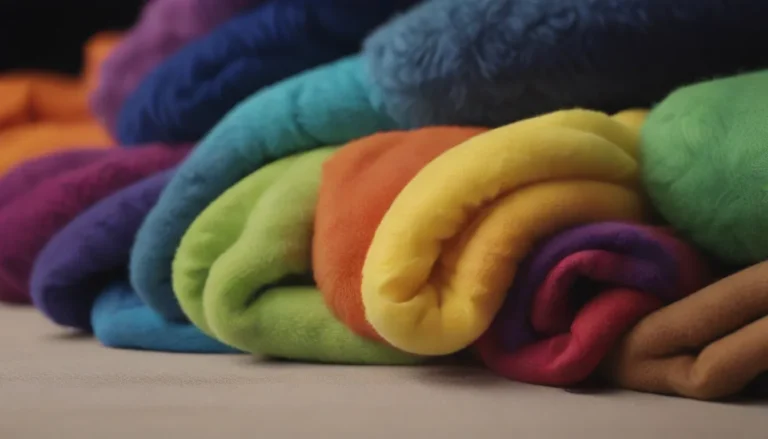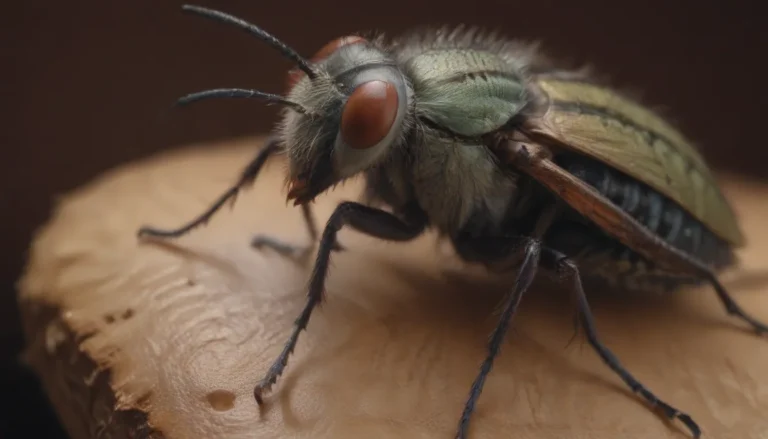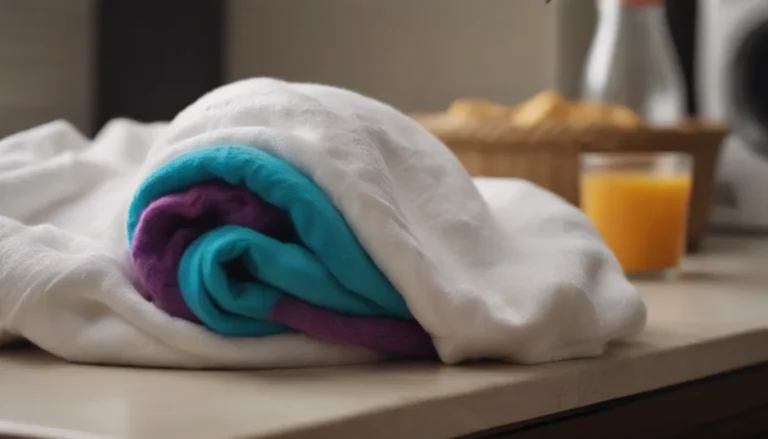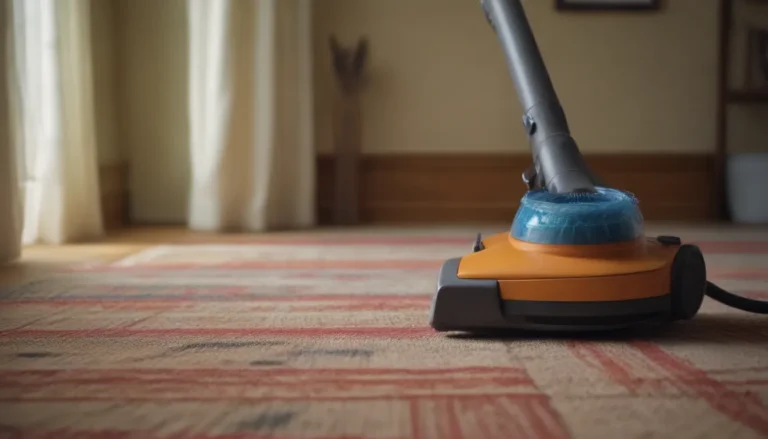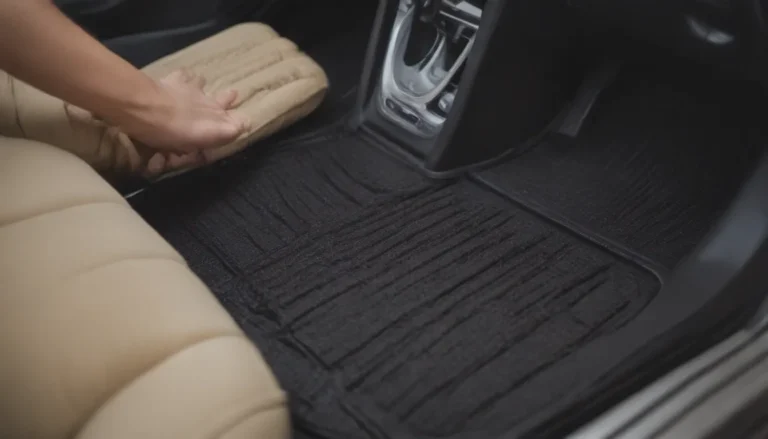A Comprehensive Guide on How to Eliminate Pharaoh Ants from Your Home
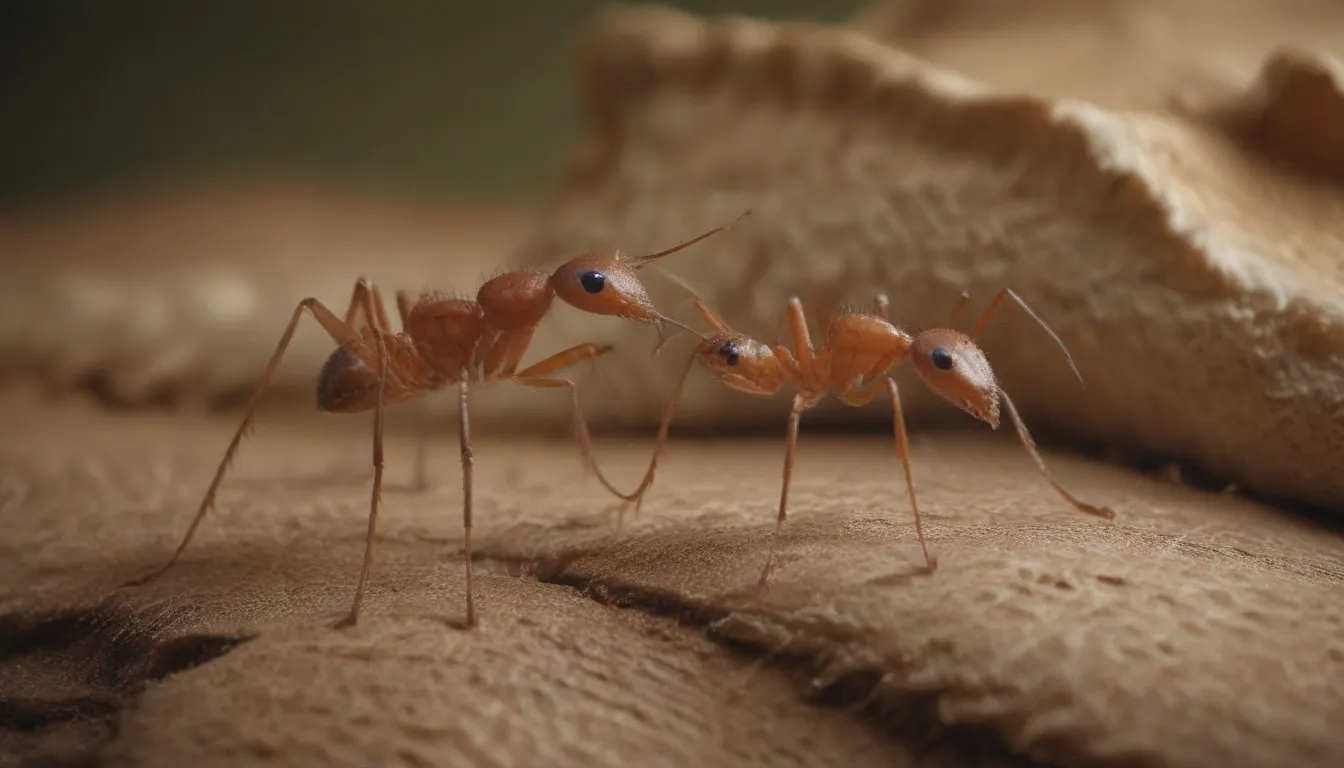
Dealing with ant infestations in your home can be a nuisance, but when it comes to Pharaoh ants, the task becomes even more challenging. Pharaoh ants are expert invaders known for their persistent nature and rapid reproduction. In this in-depth guide, we will explore everything you need to know about Pharaoh ants, from identifying them to effectively eliminating them from your living space. Let’s dive in!
Understanding Budding Ants
Not all ants are the same, and Pharaoh ants fall into a category known as budding ants. Unlike other ant species that reproduce seasonally by releasing winged swarmers to start new nests, Pharaoh ants have multiple queens in a colony. These additional queens will split from the original nest, taking groups of worker ants with them to establish new nests nearby. Pharaoh ants excel at budding, allowing them to quickly spread and infest new areas in a short amount of time.
Characteristics of Pharaoh Ants
Identifying Pharaoh ants is crucial for effective control measures. These ants can often be confused with other species such as ghost ants, thief ants, bigheaded ants, and fire ants. Here are some key characteristics to look for when identifying Pharaoh ants:
- Color: Pharaoh ants range in color from gold to brownish red.
- Size: They are tiny ants, making them difficult to spot.
- Behavior: Pharaoh ants are highly invasive, persistent, and tend to nest indoors.
If you suspect a Pharaoh ant infestation, it’s essential to confirm the identification with a pest professional specializing in Integrated Pest Management (IPM).
Signs of a Pharaoh Ant Infestation
Detecting a Pharaoh ant infestation early is crucial for effective control. Look out for the following signs that indicate a Pharaoh ant problem:
- Trails of tiny ants in various areas of your home
- Ants congregating around food sources, especially sweet or greasy items
- Presence of ants in unexpected locations, both indoors and outdoors
If you suspect a Pharaoh ant infestation, swift action is necessary to prevent the situation from escalating.
Effective Methods for Pharaoh Ant Control
Due to the invasive and sensitive nature of Pharaoh ants, control measures should prioritize prevention and monitoring. Here are four ways to get rid of Pharaoh ants effectively:
1. Deep Clean Your Kitchen and Bathroom
Pharaoh ants are attracted to moisture and food sources, especially sweet and greasy substances. Keeping your kitchen and bathroom areas clean and free of crumbs and spills can help deter Pharaoh ants. Pay attention to appliances, countertops, and storage areas where food residues may accumulate.
- Tip: Inspect sealed food packages to ensure they are not compromised by Pharaoh ants.
2. Monitor for Pharaoh Ant Activity
Regular monitoring of your living spaces can help you detect Pharaoh ant activity early on. Look for ant trails along utility lines and in warm, moist areas where Pharaoh ants are likely to nest. Professional pest inspections can provide valuable insights into hidden infestation sites.
- Tip: Keep an eye on areas where ants congregate to identify potential nesting locations.
3. Reduce and Remove Ant Access
Minimize outdoor vegetation and clutter around your home to reduce potential entry points for Pharaoh ants. Addressing issues like overgrown plants and debris can make your property less appealing to various pests, including ants.
4. Seek Professional Assistance
In cases where Pharaoh ant infestations are severe or have infiltrated indoor spaces, calling a licensed pest professional specializing in Integrated Pest Management (IPM) is the best course of action. These experts can devise targeted treatment strategies to eradicate Pharaoh ants effectively.
What Attracts Pharaoh Ants?
Pharaoh ants are warm-weather species that thrive indoors, where they can find ample food, moisture, and shelter. Common attractions for Pharaoh ants in homes include:
- Warm and moist environments
- Food sources like crumbs, spills, and pantry items
- Access to water sources and moisture-rich areas
Tip: Addressing moisture issues promptly can help prevent Pharaoh ant infestations in your home.
Preventing Pharaoh Ant Infestations
To keep Pharaoh ants at bay, consider implementing the following natural control methods:
- Seal cracks and crevices in your home to prevent ant entry
- Store food in airtight containers to avoid attracting ants
- Maintain cleanliness in kitchen and bathroom areas to eliminate food sources
- Seek professional pest control services for long-term Pharaoh ant eradication
It’s essential to act promptly if you suspect a Pharaoh ant infestation to prevent further proliferation and potential health risks associated with these ants.
In conclusion, dealing with Pharaoh ants requires a strategic approach that combines preventive measures, monitoring, and professional intervention. By understanding the behaviors and preferences of Pharaoh ants, you can effectively target their vulnerabilities and protect your home from infestations. Remember, a proactive attitude towards pest control can save you time, money, and unnecessary stress in the long run. Stay vigilant, stay informed, and keep those pesky Pharaoh ants at bay!
